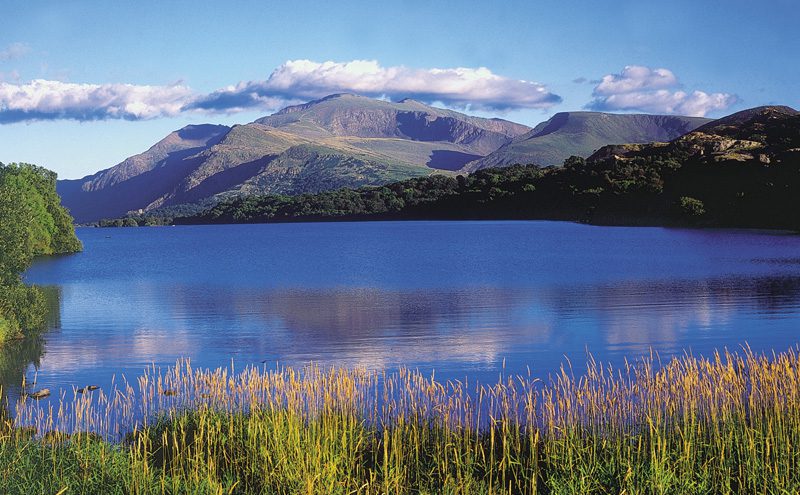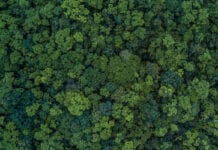
The environmental foundation Global Nature Fund (GNF) has nominated Lake Tanganyika in East Africa as the “Threatened Lake of the Year 2017″. On the World Day of Wetlands (2 February), the GNF is drawing attention to the importance of lakes and wetlands all over the world. Together with partner organisation Biraturaba, the GNF is calling for sustainable measures to preserve Lake Tanganyika.
The lake in numbers
Lake Tanganyika is said to be an important hotspot of biodiversity. Around 40% of the 1,500 plant and animal species are endemic, and not found elsewhere on Earth. It is the second largest freshwater lake by volume and at 1,470 metres depth it is the second deepest lake in the world, containing almost one sixth of the world’s unfrozen fresh water. At 673 kilometres long it is also the longest lake in the world.
Population pressures
Overexploitation of biological resources is threatening Lake Tanganyika, says the GNF. The lake basin is facing multiple challenges, resulting from a rapidly expanding human population in the surrounding countries. The natural habitats around the lake are being destroyed by the expansion of land use for agriculture or construction. And intensive and inadequate agricultural cultivation practices are leading to land degradation and erosion. As a result, sedimentation is becoming a major threat to the lake, as water runoff from the mountains carries soil into it.
But not only sediments enter the lake. Pollutants of industrial, craft and domestic waste from cities and villages in the vicinity are directly discharged into the lake without any pre-treatment, according to Emmanuel Nshimirimana, executive director of Biraturaba. And additional pollution is caused by transport on the lake and fishermen using oil for generators and lamps during night fishing, he said.
Over-fishing is also a serious problem. Between 1995 and 2011, the total fish stock decreased by 25% in Burundi, while the number of fishermen increased fourfold. At the same time the harvest per fisherman per year decreased by 81%.
Solutions
Pollution and sedimentation need to be reduced, while the local population has to be made aware of the causes of problems they are facing every day. Alternative and sustainable sources of livelihood need to be developed for the local population.
Biraturaba and the GNF say they plan to implement a drinking water supply project in the village of Gitaza, which is located 26 kilometres south of the capital Bujumbura at the Tanganyika Lake shore. “The villagers suffer from a lack of clean drinking water. Currently the population consumes water from Lake Tanganyika without any treatment. Therefore waterborne diseases are frequent.” The project aims to improve the living conditions of the population in Gitaza by suppling drinking water to the 800 households in the village. The project also aims to develop an effective community management of Gitaza’s drinking water infrastructure by the community, with technical support from the municipal water board, according to Udo Gattenlöhner, executive director of Global Nature Fund.
Further information about Lake Tanganyika is available at www.globalnature.org/ThreatenedLake2017.







